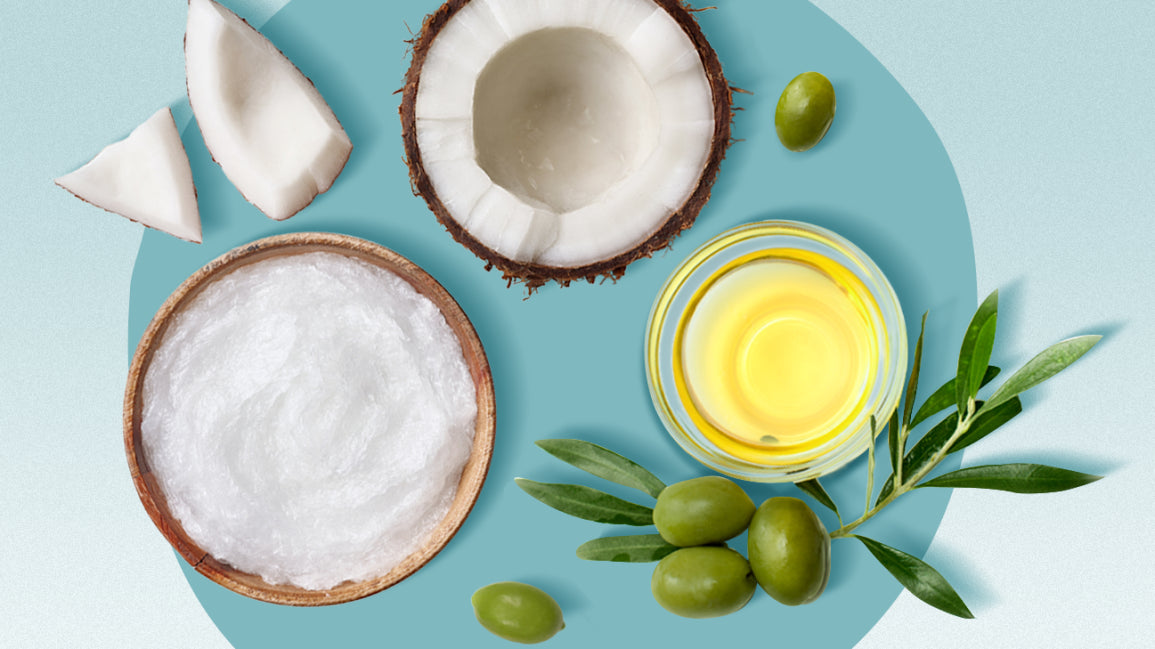
The Hidden Costs of Refined Fats and Seed Oils: Bad for Your Body, Worse for the Planet
In recent years, there’s been growing awareness about the impact of what we eat—not just on our health but also on the environment. Among the most harmful ingredients lurking in our food are refined fats and seed oils. While they may seem harmless, these oils are anything but. Here’s why they’re bad for your body and the planet.
The Problem with Refined Fats and Seed Oils
Refined fats and seed oils, like canola, soybean, sunflower, and corn oil, are often marketed as “heart-healthy” alternatives to traditional fats like butter or coconut oil. However, the reality is quite different. These oils are heavily processed, stripped of any natural nutrients, and chemically altered in ways that make them harmful to our health.
-
Highly Processed and Inflammatory: Seed oils undergo extensive processing, often using chemical solvents like hexane to extract the oil. The result is an oil stripped of its natural antioxidants and nutrients. Worse, many of these oils are high in omega-6 fatty acids, which, in excess, can cause chronic inflammation in the body. Inflammation has been linked to a host of diseases, including heart disease, diabetes, and even cancer.
-
Oxidation and Free Radicals: When these oils are refined at high temperatures, they become unstable, prone to oxidation, and can form harmful free radicals. Free radicals are unstable molecules that damage cells, leading to aging, inflammation, and a higher risk of chronic illnesses. Cooking with these oils, especially at high heat, only exacerbates the problem.
-
Nutrient Deficient: Unlike natural, cold-pressed oils, refined fats and seed oils are nutrient-poor. During processing, they lose essential vitamins, antioxidants, and other beneficial compounds. In contrast, unrefined oils like extra virgin olive oil or avocado oil retain their nutritional value and offer health benefits such as reducing inflammation and supporting heart health.
The Environmental Impact
Beyond the personal health risks, refined fats and seed oils come with significant environmental costs:
-
Monoculture Farming and Deforestation: Many seed oils are derived from crops grown on industrial-scale farms using monoculture methods. Monoculture farming depletes soil health, reduces biodiversity, and often relies on harmful pesticides and fertilizers that pollute water sources. In regions like Southeast Asia, the demand for palm oil has led to massive deforestation, destroying ecosystems and threatening wildlife like orangutans and tigers.
-
High Carbon Footprint: The refining process for these oils requires large amounts of energy, contributing to greenhouse gas emissions. The entire supply chain, from monoculture farming to refining and transporting these oils, leaves a significant carbon footprint.
-
Soil and Water Pollution: The farming methods used to produce crops for seed oils contribute to soil erosion and water contamination. Pesticides and chemical fertilizers seep into waterways, affecting both local communities and ecosystems. This environmental damage is long-lasting and difficult to reverse.
What Are the Alternatives?
Thankfully, there are healthier and more sustainable alternatives to refined fats and seed oils:
-
Extra Virgin Olive Oil: Rich in antioxidants and healthy fats, olive oil is one of the best choices for cooking and salads. It’s minimally processed and offers numerous health benefits, including reducing inflammation and supporting cardiovascular health thanks to its high levels of monounsaturated fats and polyphenols.
-
Avocado Oil: A great source of monounsaturated fats, avocado oil is excellent for cooking at high temperatures and is full of beneficial nutrients like lutein, which supports eye health. It’s also known for reducing cholesterol and promoting heart health.
-
Palm Oil: While palm oil has faced scrutiny for its environmental impact, it does have several positive health aspects when sustainably sourced. Palm oil, particularly red palm oil, is rich in antioxidants like vitamin E (tocotrienols) and beta-carotene, which supports eye health and boosts immunity. It is also stable at high temperatures, making it a good option for cooking without producing harmful free radicals. Sustainable palm oil production, such as those certified by the Roundtable on Sustainable Palm Oil (RSPO), ensures that the oil is harvested with minimal impact on the environment, avoiding deforestation and supporting ethical farming practices.
-
Coconut Oil: While controversial due to its saturated fat content, coconut oil has been shown to be stable at high temperatures and contains medium-chain triglycerides (MCTs), which can provide a quick source of energy. It’s also been linked to boosting brain function and supporting weight management.
In terms of sustainability, many small-scale, organic producers focus on responsible farming practices that prioritize soil health and biodiversity, while also reducing the carbon footprint.
Conclusion: A Better Choice for You and the Planet
Refined fats and seed oils may be cheap and convenient, but their hidden costs to both our health and the environment are too great to ignore. Opting for minimally processed, nutrient-rich oils isn’t just better for your body—it’s a step toward supporting sustainable agriculture and reducing the environmental damage caused by industrial oil production. By making small changes in our food choices, we can help foster a healthier planet and a healthier future for ourselves.